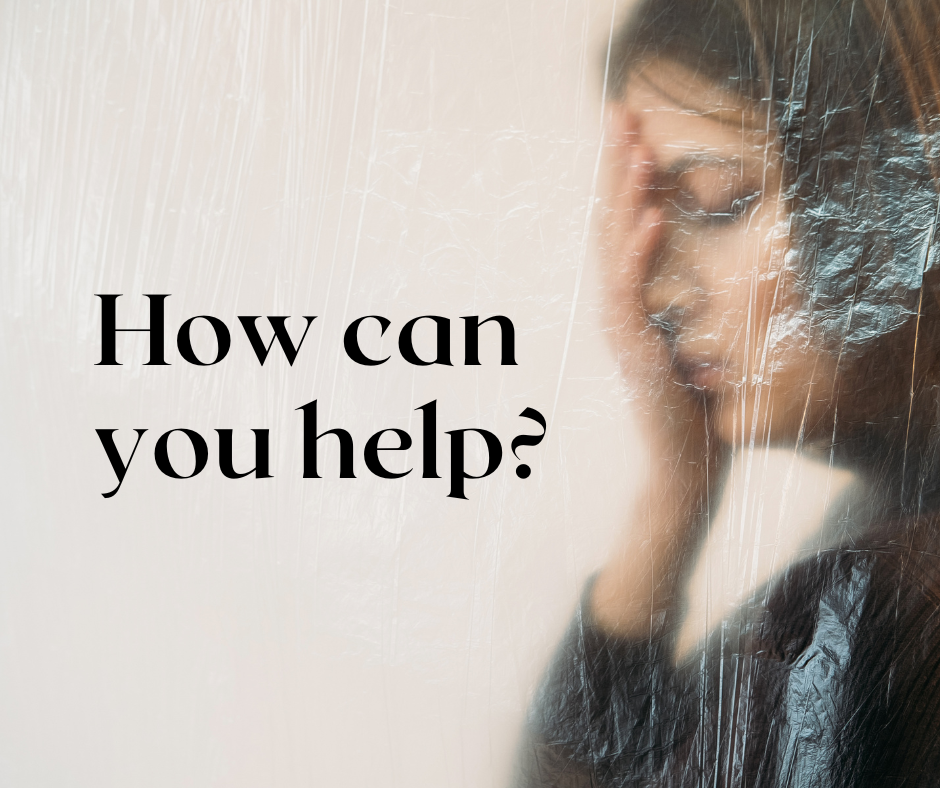
It started as just a sad feeling. Sarah didn’t understand why she was low and emotional, so she started making excuses and waiting for that sad feeling to go away on its own. But when sadness turned into thoughts of self-harm and hopelessness, she knew something was wrong.
Over the course of a couple months, her symptoms worsened. She struggled to get out of bed in the morning, found herself distracted in school and at work, and withdrew from social situations. Her low feelings would amplify into sporadic episodes of intense discomfort and despair. “When a depressive episode happened,” Sarah says, “it felt like the world was closing in on me, like I could hardly breathe. It felt like I would be stuck in that feeling of hopelessness forever.”
At first, she only confided in her boyfriend. She explained that there was something terribly daunting about admitting her struggle to anyone. “It felt like telling others would make it real when I just wanted it to go away.” Sarah kept feeling like she didn’t want to bring her parents into her hurt or let them down. However, once she told her roommates, then her parents, they responded with compassion and she was able to continue in her struggle with a support system to keep her going.
The following months were anything but easy. It was hard to find a counselor and the right medications for Sarah’s specific situation. It was difficult to learn how to cope at work and at school when depressive thoughts and feelings started to close in on her or when her medications produced poor side effects. Although the road to recovery was long, she slowly adjusted to her new reality and became more invested in fighting the illness.
Over time, she improved. Sarah struggles with depression to this day, but it has gone from a daily paralyzing, life-altering condition to a periodic struggle that she has learned how to cope with. “I get through the bad times with the help of a few prescriptions from my psychiatrist, counseling, and most importantly, my support system of people who care about me. Being open about my struggle has made all the difference in getting better,” Sarah said.
Although recovery was incredibly difficult over the course of several months, Sarah hopes that she will one day be able to help others going through a similar struggle. She hopes that her story can inspire others and that if the opportunity arises, she can use her experience to instill hope in anyone battling depression. Sarah urges anyone who has a loved one who is struggling to support them no matter what. “The best things you can do for someone who struggles with depression are check in on them, remind them that the thoughts in their mind are real but not true, and just love them and be there for them through it all.”